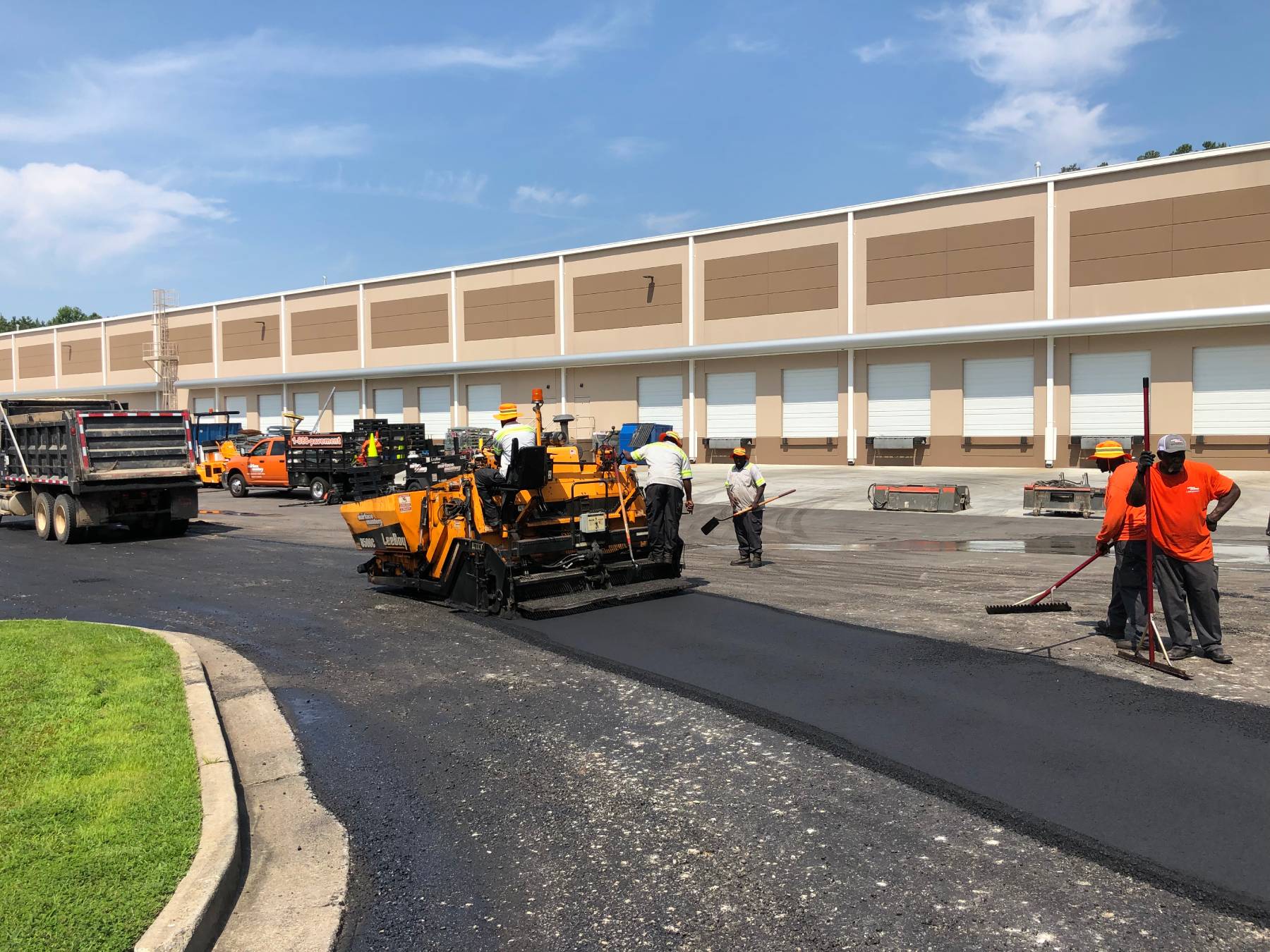Asphalt pavements are known for their durability and aesthetics, but they will quickly lose both of these qualities if they are not cared for properly. Although you might think that taking care of new asphalt paving is not a priority until the pavement is older, the attention you give your pavement while it is in its infancy can affect its appearance and the longevity. Here are four don’ts and four do’s that can help you get your new pavement through its early life.
Asphalt Paving Aftercare – The Do’s and Don’ts
What Are the Don’ts of Caring for New Asphalt Paving?
1. Don’t get in too big a hurry to allow traffic to park or drive on your new pavement. Paving contractors typically recommend that customers keep vehicles off a new pavement for 24 to 72 hours. The time can be affected by the weather, the type of asphalt used, and other factors. The asphalt paving company that installed or resurfaced your pavement will know the factors involved at the time the job was performed and can advise you on the length of time you should keep the pavement closed.
2. Don’t sealcoat your pavement too quickly. Asphalt needs a few months to cure prior to sealcoating. The curing time can range from three months to one year. Again, your contractor can tell you the appropriate time for your specific pavement. Typically, you do not need to wait to have your parking lot striping or road markings applied, but it is best to check with your paving company first.
3. Don’t forget to keep weeds and grass away from your new pavement. Trimming them is not enough; you need to remove their roots, or you can apply a weed killer if you prefer. Many weeds and some types of grass have roots that can create cracks or bumps that will soon turn into larger cracks or holes.
4. Don’t ignore flaws in your new pavement. Pay attention to its condition, and if you find any fissures, holes, or cracks, call a reputable parking lot maintenance contractor.
What Are the Do’s of Caring for New Asphalt Paving?
1. Do keep your new pavement clean. Gasoline, oil, brake fluid, and other vehicle fluids can leak or be spilled on your pavement, and they can destroy the asphalt binder. Since asphalt companies do not recommend sealcoating a new pavement immediately, automotive fluids will have nothing to slow them down. Even with sealcoating, these fluids will eventually eat through the sealant to reach the underlying pavement, so don’t forget about removing them throughout the pavement’s life.
2. Do enforce weight limits and traffic volume. Paving contractors design each pavement to meet the specifications given for the expected number and weights of the vehicles that will have access to the pavement. Subjecting your pavement to excess loads can play havoc with its integrity at any time, but it is especially risky while your new pavement is at its most fragile.
3. Do your best to prevent stationary loads. Move pallets around every two or three days, refrain from parking in exactly the same place, and devise a method for keeping the tongues on parked trailers from digging into your pavement.
4. Do encourage drivers to keep it slow and sensible. Post and enforce speed limits; if necessary, install speed bumps for passive encouragement and enforcement.
The Surface Masters offers a wide range of asphalt paving services to clients throughout the Atlanta metropolitan area. Our services include asphalt resurfacing and paving, sealcoating, asphalt repairs and crack repairs, pavement markings and parking lot striping, and concrete repairs and installation. We have earned a reputation for consistently providing exceptional work and exemplary service. To request your free quote, give us a call at 770-250-6392, or fill out our online form.


